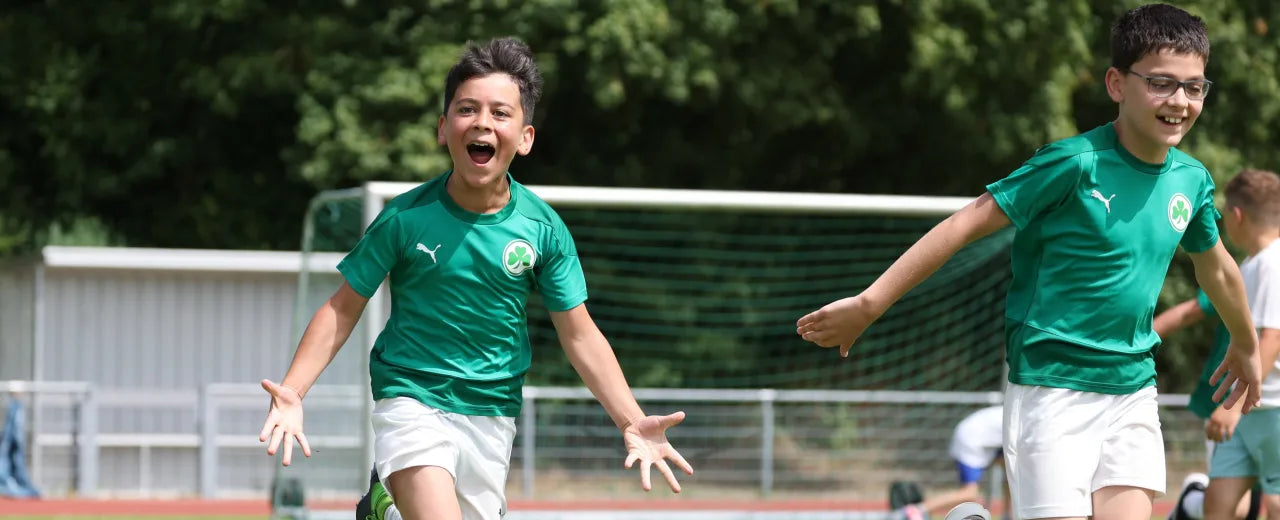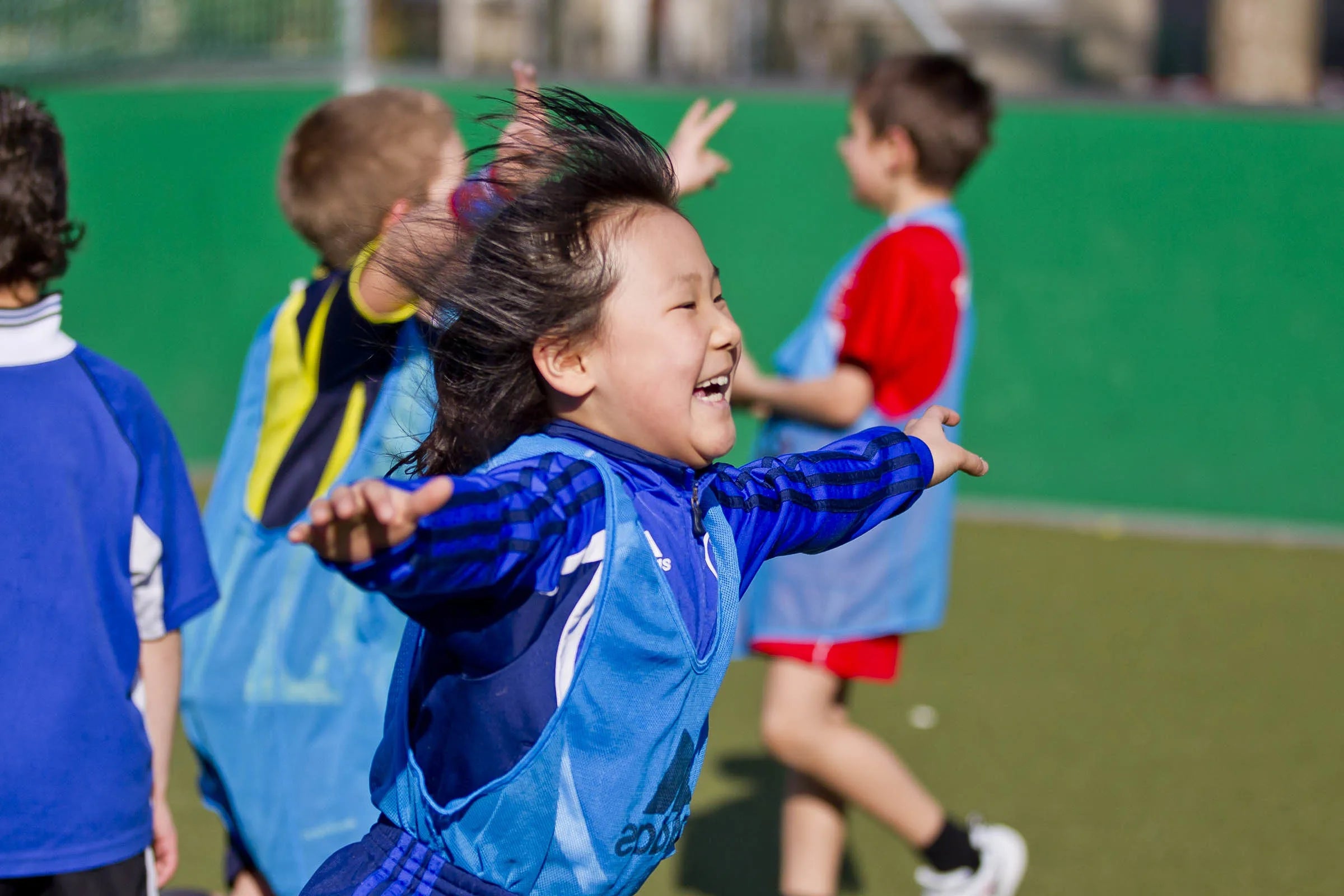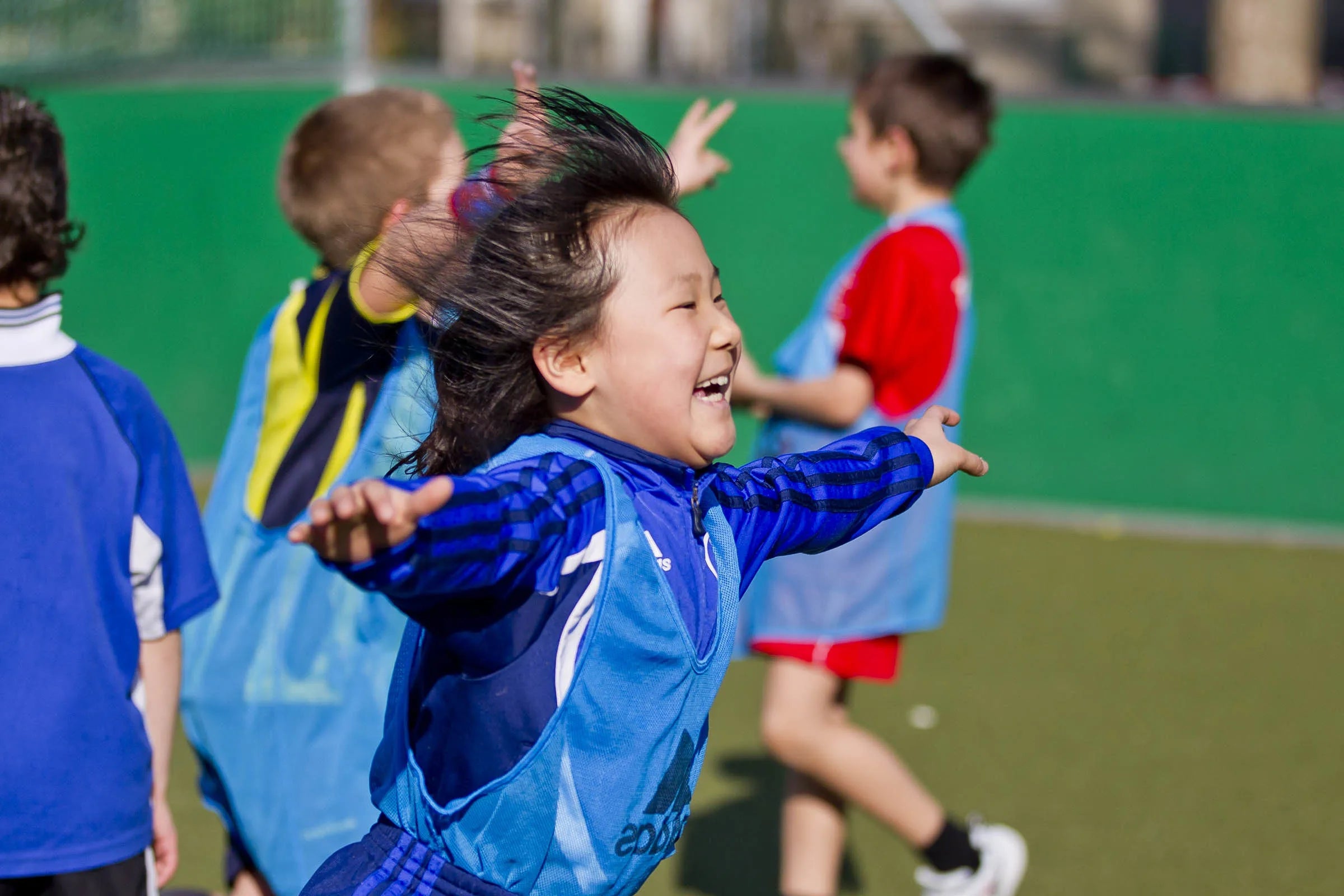Day 5
9 minutes of language and football training for a child in Germany
 Strengthening educational opportunities through play Strengthening educational opportunities through play
Strengthening educational opportunities through play Strengthening educational opportunities through play


Using language and football to achieve greater social justice

Joachim Masannek presents his favorite project
need
Compensating for learning deficits for primary school children in Germany
activity
Language and football training for students, carried out by qualified teachers and trainers
Measurable performance
Number of units of language lessons and football training provided by NGO supervisors
Result
Over 70 primary school children achieve better school leaving certificates and can thus be recommended for secondary school
Systemically relevant impact
The educational opportunities for the children receiving support are improved; the children are given the opportunity to pursue their educational path independently
background


The good deed
About Germany

Berlin
Capital city

84,079,811
Population

48,432.5
Gross domestic product
per capita per year

0.942
Human Development Index
(Human Development Index)




